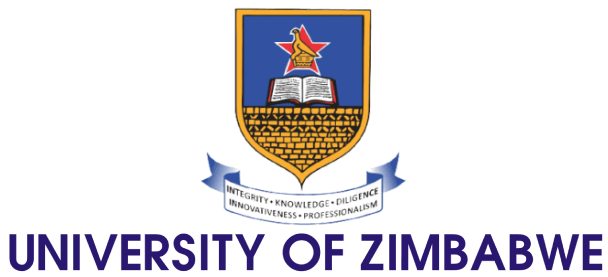Welcome message
Dada nomutauro wako. Ziqhenye ngolimi lwako. Be proud of your language.
Mission
To research, document and develop Zimbabwean indigenous languages in order to promote and expand their use in all spheres of life.
Vision
The African Languages Research Institute (ALRI) is an inter-disciplinary, semi-autonomous and non-faculty research unit located at the UZ dedicated to the research, documentation and development of African indigenous languages in Zimbabwe. Its research agenda focuses mainly on corpus development and maintenance, computational lexicography and language technology applications. The Institute was established in 2000 to mark the transformation of the African languages Lexical (ALLEX) Project into a permanent research unit at the UZ. The ALLEX Project started in 1992 as a project in the Department of African Languages and Literature and its major objective was the compilation of mother-tongue monolingual dictionaries, corpora and other reference works in Shona and Ndebele, the two main indigenous languages of Zimbabwe. ALRI institutionalised the work of the ALLEX Project in lexicography, strengthened the corpus linguistics component in it, and added terminology and translation as related specialisations.
The Institute’s expanded research program prioritises the setting up of lexicographic units in other Zimbabwean languages in addition to sustaining its research in Shona and Ndebele. So far, research on Zimbabwe’s once marginalised languages has started with priority given to Tonga, Nambya, Shangani and Kalanga where work has commenced on the compilation of corpora. Whilst the Institute engages in many language development and documentation activities, the production of monolingual dictionaries remains its priority. Dictionaries, amongst other reference works, are considered central to the development and empowerment of the country’s languages, which have suffered under-development for a long time.
ALRI plans to initiate and oversee projects in all the other local languages, and to train mother-tongue researchers from the respective language communities to do the linguistic field work and documentation that is required by the communities themselves.
